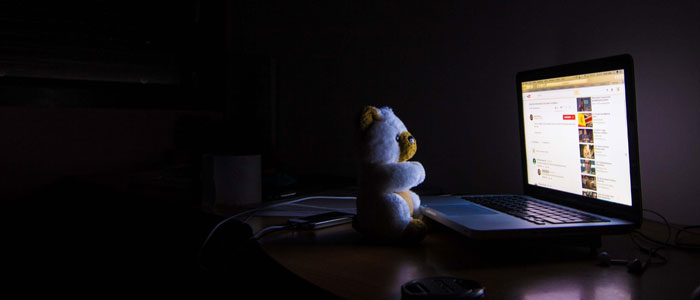By Rob George, founder of the Great Sleep Company
I recently read an interesting article from the Sleep Foundation on how important sleep is to wellness and how it can be negatively impacted by change. In particular, the extreme changes Covid-19 has brought into our lives, including the need to quarantine, isolate and lockdown. There’s a link at the end of this blog for the unabridged version, but here’s a quick summary if you’re just off to bed and need some tips for a better pandemic sleep.
Coronasomnia, aka pandemic insomnia or lockdown insomnia
The world is in unchartered waters. Lockdowns have slowed economies, companies are struggling to stay afloat, and many people are afraid for themselves and loved ones both near and far. While we know sleep is important to wellness, getting the requisite eight hours is difficult for many of us in times of uncertainty.
Pandemic insomnia is a real thing. The best name I’ve heard for it so far is ‘coronasomnia’. It refers to sleep problems related to worrying, being scared or feeling depressed about the pandemic. Stress and anxiety are not good bedfellows when you need a decent night’s sleep. They reduce the quantity and quality of your sleep, which impacts mental health and general wellbeing. It’s a vicious cycle – the rougher your night, the worse you feel, which makes it even harder to sleep well, and so on…
Great sleep practices for beating insomnia and getting to sleep in lockdown
‘Sleep hygiene’ is a term used for guidelines that set the scene for a good night’s sleep. If you were a baby, it would be known as your ‘sleep routine’. Every parent understands the importance of having a consistent bedtime ritual that leads to a peaceful night for everyone.
When everyone’s glued to the news, which is full of case numbers and ‘places of interest’, it’s understandable that the importance of sleep is flying under the radar. But as we adjust to stay-at-home orders and try to stay healthy in our pandemic-afflicted world, putting extra focus on sleeping well offers tremendous benefits.
What can we all do to help ourselves get a great sleep?
-
Set a schedule, otherwise you’ll turn into a possum – up all night and dosing all day. Prescribe yourself a bedtime and a getting up time (preferably eight to nine hours later) and stick to the schedule.
-
Allow some wind down time before lights out. Listen to some gentle music (check out ‘sleep music’ on Spotify) or read a book for half an hour before you turn out the light. Avoid digital devices that emit blue light, because it keeps your brain active.
-
Put your phone on Airplane mode, so you won’t be disturbed by tweets, prings and rings in the night.
-
Change your sheets frequently – at least once a week. Sheets made from natural fibres, like Great Sleep lyocell cotton sheets, feel great and make bed a more comfortable environment for sleep.
-
Get plenty of natural light during the day. Go for a walk or a bike for at least an hour. Exposure to natural light helps to keep your circadian rhythms correctly tuned, so that you fall asleep more easily at bedtime.
-
Stay connected with people. My work colleagues and I have a Zoom ‘virtual drinks’ meeting on a Friday afternoon at the end of the day. It started as a joke, but has become something we all look forward. Talking about what’s going on with other people helps you to feel better; as they say, a problem shared is a problem halved.
-
Focus on eating well and get your 5+ a day. During lockdown it’s easy to snack your way to unhealthy.
-
Alcohol and caffeine aren’t your best friends. Neither of them helps with a good night’s sleep. Consider cutting down to one coffee a day in the morning. Drinking alcohol before bed can mess up your sleep cycles. If you really want a glass of something, have it just before or with dinner, then stop.
-
If you try all these tips and your insomnia isn’t going away, reach out to your GP or health professional for advice. Getting a great sleep is important for wellness; it also helps to improve the effectiveness of Covid-19 vaccines.1
Here’s the link I promised to the Sleep Foundation’s guidelines to covid-19 isolation. It will help you to understand and manage insomnia during pandemic times.
Have a great sleep,
Rob

